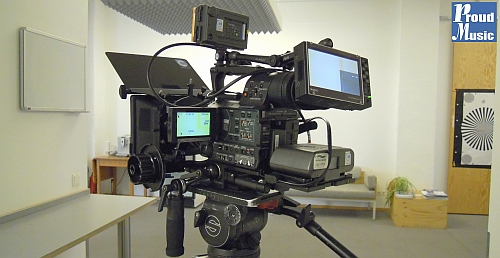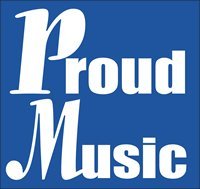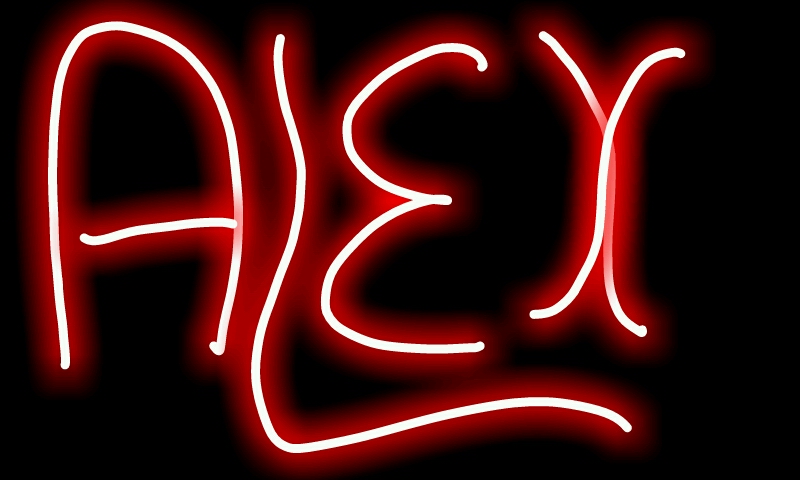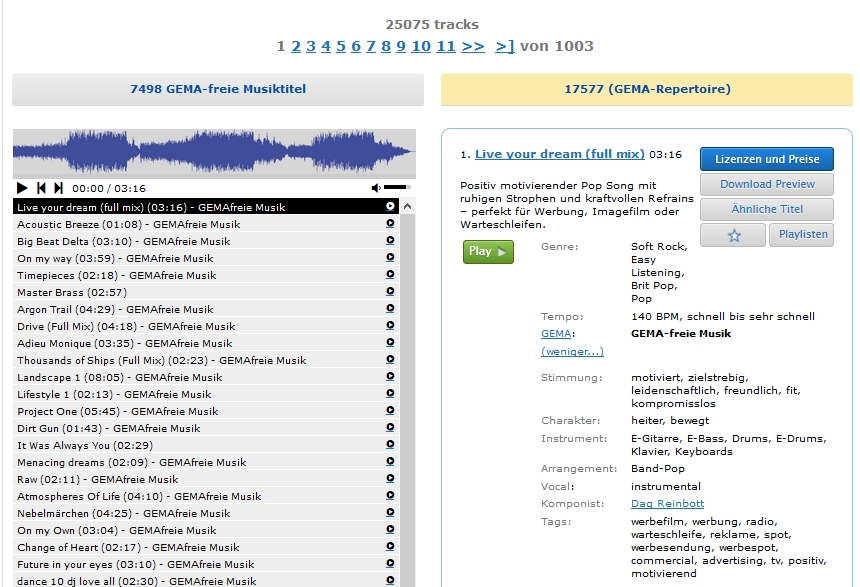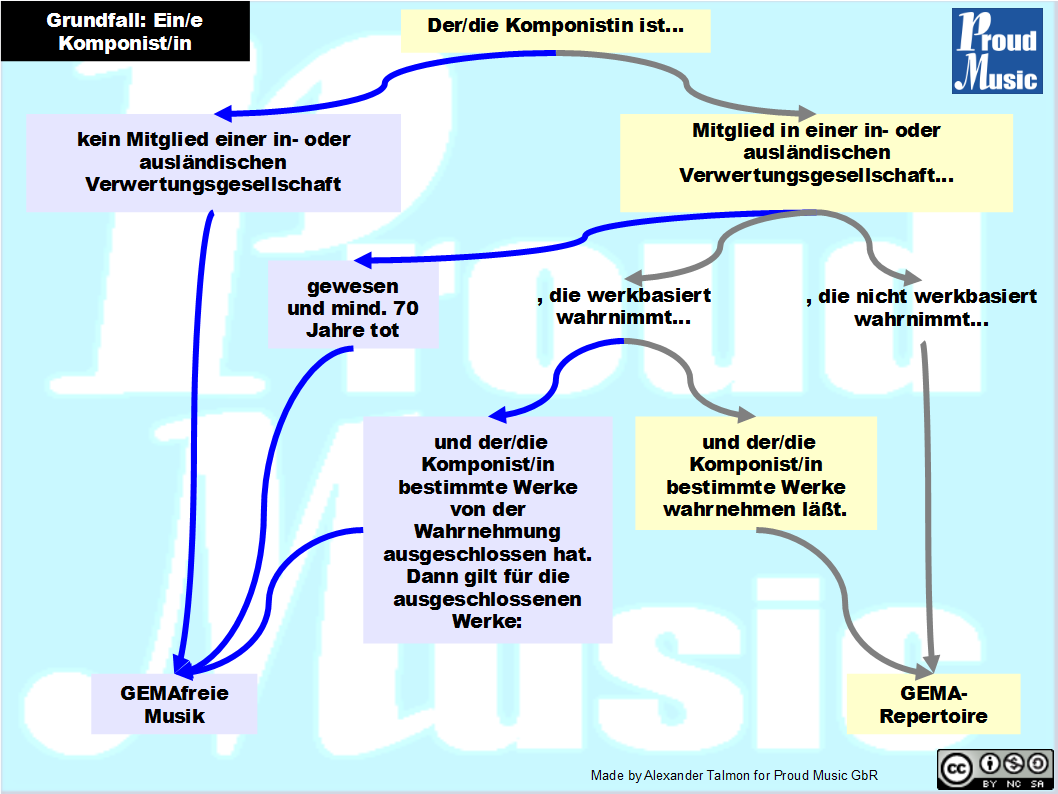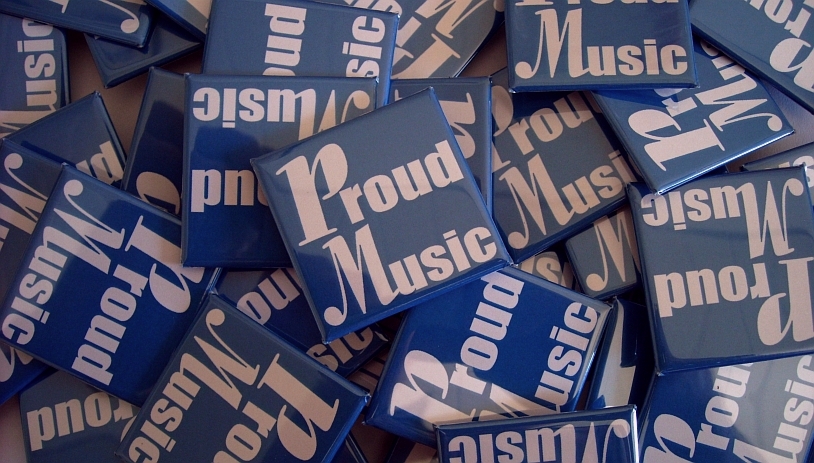Die Lizenz „Standard“ erlaubt die nicht-werbliche Nutzung des Einsatzes eines Musiktitels aus der Proud Music Library, z.b. iVm. einem Film, nicht aber in einem Spot oder Trailer. Werbung ist jede verkaufsfördernde Maßnahme zum Absatzes eines Produktes (Ware oder Dienstleistung). Soll also ein werblicher Hintergrund vorliegen, dann ist für die Nutzung eines Musiktitels aus der Proud Music Library die Lizenz „Online Advertising“ zu wählen.
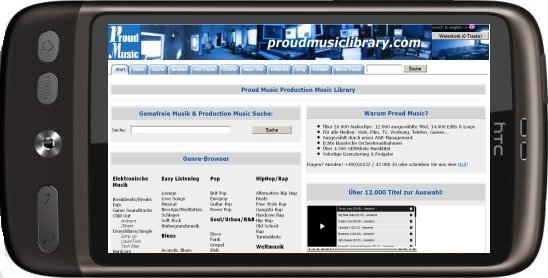
Für nicht-kommerzielle Nutzung („private“ Nutzung, z.B. Urlaubsvideos, GoPro-Videos) bieten wir rund 100 GEMA-freie Musiktitel auch zum kostenlosen Download und Einsatz an. Mehr erfahren…
